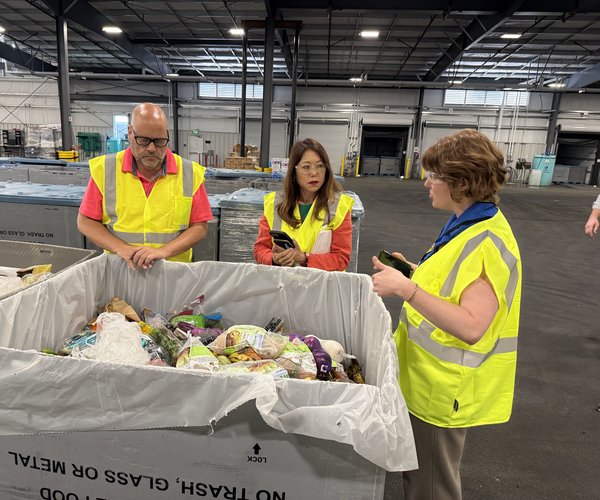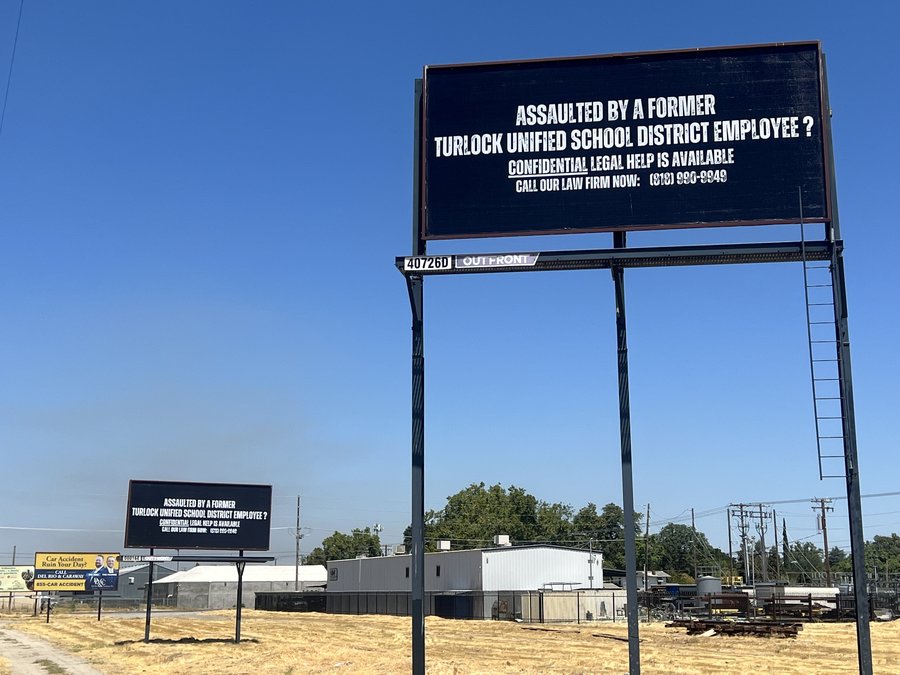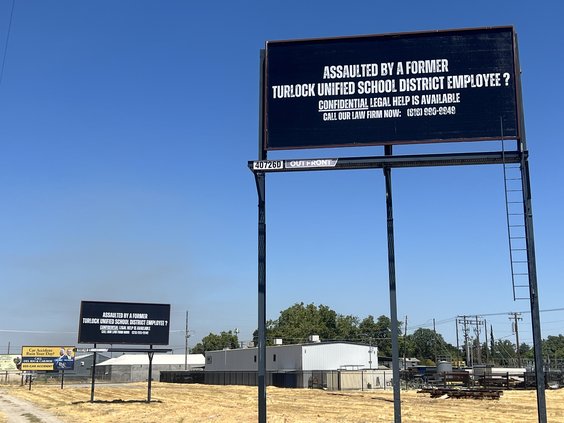As farmers in Stanislaus County head to work every day during the coronavirus pandemic, little has changed about their essential industry due to the crisis — for now.
As crops grow in the spring and early summer months, social distancing measures and stay-at-home orders have yet to make an impact on how ag operates, Stanislaus County Farm Bureau executive director Wayne Zipser said.
“Coronavirus really hasn’t done a whole lot to farmers because we’re not in harvest. The ag community isn’t really labor-intensive right now,” Zipser said. “The good thing is that ag has been considered an essential business, and the people who supply the food continue to work very carefully, certainly, and it’s changed the way we all live — not just in urban America.”
Things could change come harvest time over the summer and into the fall, should the coronavirus still be a threat and social distancing orders remain in place. It will be difficult for harvesters to maintain social distance, Zipser said, and farmers will finally know just how affected the market will be due to the pandemic.
There have already been some market disruptions in the meantime. Shipments of almonds have dried up since the global pandemic hit as countries put a halt to imports, causing prices of the Central Valley’s most profitable nut to drop. Changes to school lunches and restrictions on restaurants have left local dairies, who were already struggling, reeling from a downward pressure on prices and issues with redistribution. Still, dairy operators in Stanislaus County haven’t been forced to dump milk yet, as seen in other states due to change in demand.
“We haven’t seen dumping here yet because a vast majority of the dairies here have pretty solid processing plants in place, but they’re looking at a really big decline in milk prices and I think that’s going to be just as big of an issue,” Zipser said. “The dairy industry has sustained a lot of loss over the past decade, and looking at these depressed milk prices adds to the burden for them.”
The coronavirus could also impact the County’s agriculture workforce. Many working in the fields during harvest are undocumented or working under H2A visas, a visa category that has seen some processing delays amid coronavirus shutdown orders.
“No matter what, pandemic or not, we still continue to work on immigration reform. We still have the labor shortages we had before, and this may exasperate and exaggerate those,” Zipser said.
He added that farmers are fearful for their workforce’s wellbeing and the impact that one worker becoming ill could have on their entire operation.
“Dairymen especially are very fearful, because if you have one milker get sick and the rest of your workers say, ‘I’m outta here,’ could you imagine what they would do to the dairy?” Zipser said. “I think there’s a lot of fear out there.”
Farmers are trying to be as careful as they can, ordering N95 masks for employees and reiterating the importance of social distancing whenever they can.
“They’re being as safe as possible. If you have one person go down with an illness and it’s confirmed as COVID-19, it would be devastating to his or her workforce.”
Zipser said that the farmers he’s spoken to throughout the county are satisfied with provisions provided for the ag industry in the $2 trillion federal coronavirus stimulus package. The federal relief provides $9.5 billion in aid to farmers.
“A farmer never wants a handout; they always want a helping hand up. I’ve talked to some farmers in processing who have had to lay off some people, but generally, I think everyone’s pretty satisfied with trying to prop up the economy,” Zipser said.
Still, Congressman Josh Harder and a bipartisan coalition of representatives last week asked that the U.S. Small Business Administration include farmers and agricultural businesses in their disaster loan program. Currently, they are only eligible for assistance through the Paycheck Protection Program. In late March, Harder asked Vice President Mike Pence to add an agriculture representative to the Coronavirus Task Force.
“Agriculture is an essential industry. Period. We have to be able to keep food on the shelves during the twin crises of the coronavirus and economic chaos,” Harder said. “We need an advocate on the Task Force who understands what our ag industry is concerned about and can make sure their needs, and consequently our country’s needs, are met.”
As politics rage on in Washington, D.C., farmers in Stanislaus County continue to do their jobs and await the potential impacts of COVID-19.
“Most of them are still farming in the fields. The biggest concern is how fast can we recover and how fast we can open those markets back up,” Zipser said. We’re just waiting to see what happens. There are a lot of unknowns.”









